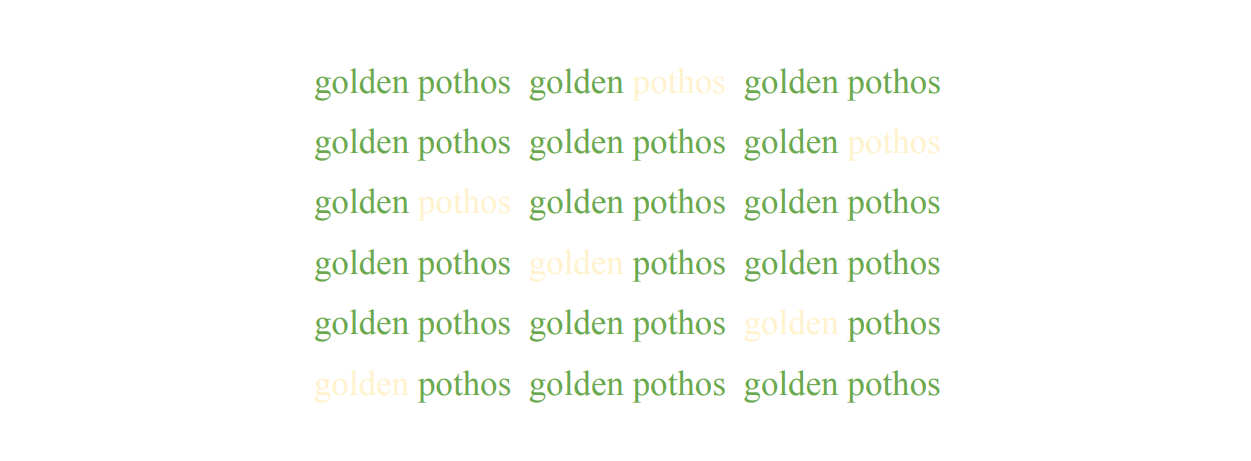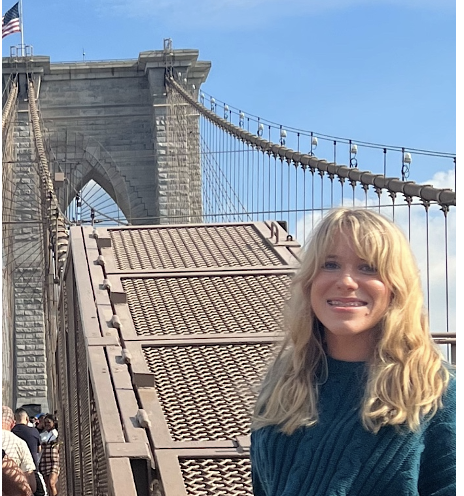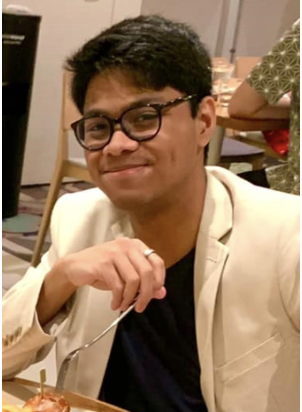The flash of light appeared. But when she adjusted her eyes, she was looking around at the emptiness of a dark room. Her mouth was dry and acrid, full of dread.
Who am I?
Her body gave off a sense of numbness, tingling throughout as she tried to move. One long breath and then another as she touched her face. Feeling her lips, cheek, and eyebrows. Then slowly, heavily, she rose up off the bed, her black hair falling loosely about her shoulders. Standing, she scanned the space in the room to walk, and stumbled. Her black hair loosely falling off her shoulders.
Before long, she leant up against one of the cold, plastered walls. Its rough surface sent chills through her body. She grimaced, making her way to the door. Then dropped to the floor crouching, when the locked door rattled.
“Help me,” she said, tears welling in her eyes.
Crouched against the door desperately pleading, she heard a sudden noise come from outside. The steps came detectably closer, then stopped.
“Help me,” she whimpered again.
“Ah. Da! I must go get help,” a man replied from outside.
She heard him set off and it was too late to say more. A few minutes later, a set of heavier footsteps rushed to the door.
“Are you well?” came the voice.
“Yes, are you here to help me?” she asked.
“I am, but I need you to understand,” he paused. “I’m sorry… I need you to stay in the cottage and not go wandering outside,” he said.
“Why?” she asked.
“Well you…,” he hesitated. “You have been injured,” he continued. “You will need to recover, and if you were to go outside, then it would be detrimental to your health.”
There was a long silence between them.
“I understand, can I walk around the cottage?” she finally asked. He then unlocked the door and nodded as he helped her get up. She looked at him and felt a strange warmth in his eyes.
“My name is Stein, I will help you, if you need anything, please let me know. Or Goren, he was here earlier,” he said.
“Thank you. I-I don’t kno-”
“It will be alright. You have injured your head and have a few stitches, but we shall call you Nessy if you like,” Stein said.
“Ness-sy, Nessy, yes, okay” she then smiled for the first time.
*
Eventually, Nessy had gained sufficient strength to stroll around the cottage unassisted, and enjoyed the company of Goren and Stein. They were both vastly different in character but lived together as a family. Goren was like a father and a man of science, whereas Stein defined himself as a student of the arts and philosophy. Meanwhile, they encouraged Nessy to read and find her own interests. She began reading poetry, and sometimes would be daydreaming whilst looking out of the window into the forest, trying to catch a glimpse of the animals that would come close to the cottage.
“You should talk to her,” Goren insisted.
“I do,” Stein shrugged.
“Da. Hurry along then,” joked Goren. He beckoned Stein closer to Nessy and left. The moment Stein got closer, her glare was off.
“You okay there, Nes?” he asked.
“I’m feeling better,” Nessy said, not looking at him. “Why can’t I go outside?”
“We have everything we need here,” Stein replied. He moved beside Nessy and saw her face full of indifference. Before she could look up, Stein had become resigned. “…don’t you see we care about you?” his voice coarser.
“I do,” she said. “I want to see and try to remember. I want to know…”
“You can’t! You’re not well enough,” Stein shook his head. “You don’t know what you’re talking about.”
“I could jus-”
“Not now.”
She sat in silence for a while, and then walked to her room, shutting the door.
*
The months passed and the snow stayed on while Nessy couldn’t. She waited into the night while Stein and Goren were sleeping. Then she slowly approached the front door, quietly pulled the latch and sneaked outside.
All around her were dark cider trees surrounded by white snow and mist clinging to the air. The cottage was built in a chilly dead place within a forest. Nessy drew her coat tighter, then quickly made her way through the dense wilderness.
She remembered a time when Goren explained that the nearest town, Kenyon, was over a week’s hike. That Stein had built the cottage as a place to get away from the town. Every once in a while, however, Goren would need supplies and have to make the journey east.
With the surrounding snow, Nessy noticed all that was visible in the moonlight. Her eyes wandered to the fallen trees, branches, twigs, and dead leaves. The frosty air filled her lungs, her cold fingers stiff and clammy. She crouched down, taking a moment to close her eyes and rub her hands.
Finally, her breathing was strong again and her eyes didn’t sting from the cold. Nessy got back up and suddenly heard a shuffle in the snow. It was a little rabbit. The furry creature with dark round eyes and long ears fascinated her. Nessy stood still, while the rabbit hopped forward sniffing the twigs in the snow, its ears pricked, alert to its surroundings. Nessy tried to get closer but the rabbit scurried away.
Hours passed and Nessy found the snowy terrain strained her legs and abdomen. The mixture of dirt and snow had been much wetter and softer than anticipated. A large fallen tree became too hard to climb over so she decided to rest.
Her mind wandered off to the time she had asked Stein about the people in Kenyon. She remembered how the topic had brought up his past and the pain he had endured. Stein explained how he was a social outcast because of his different skin colour and hair. That was why he decided to leave the town and live out here in peace. Nessy had wondered at the time, of her own hair and skin being similar to Stein’s.
Nessy woke up to a sharp pain on her head. The daylight had changed to a gloomy grey. Her hair had fallen down her face, and she quickly moved her hand to scratch her head. A crow cawed suddenly, startling her with flapping wings to get away. The crow swooped down and in a flurry of feathers pecked at Nessy’s head, making her bleed. Nessy realised she had fallen asleep. Feeling the spot where the crow had pierced her skin, she got up and continued on her way to Kenyon.
The hike during the day was just as perilous, Nessy struggled to make out the horizons. The snow had begun to fall, making her line of sight more difficult. As the trees dispersed, the terrain rockier, the hike became rougher. The deceptive fresh snow had covered the cliffs and rocks. When Nessy nearly twisted her ankle, she became more cautious, breaking off a long thin branch to use as a walking stick.
Then Nessy heard a howl, followed by another in rapid succession. The first was long and the second shorter, meaning that some wolves were gathering nearby. She was hoping the call wasn’t for her, but fear of getting attacked made her more alert to noise.
Stalking their prey and licking their snouts, the wolves had caught Nessy’s tracks and gathered in numbers at the prospect of food in winter. Nessy caught one of the wolves’ eyes on her. Its mark was clear and it lingered, pawing the earth, and observing her movements.
Nessy paused, holding up and gripping tighter onto the stick. The wolf growled, indicating its understanding to Nessy’s resistance. She slowly stepped forward swinging the stick, her hands shaking. Breathing deeply, Nessy tried her best to not let her nerves overwhelm her. She could not turn away, instead looking around, stepping sideways. Then two other wolves joined in with the exact hungry stare. There was little time before the wolves’ confidence would grow. Nessy needed to move fast. With a scream, she swung the stick and braced for the wolf to lunge and when it did, Nessy shoved the stick forward like a spear. Striking the wolf in its throat. It made a last hollow growl and dropped to the ground dead.
The other wolves snarled in anger, stopping in their tracks. Nessy then pulled the weapon out, scrambling up into a defensive stance. She started backing away slowly. The wolves advanced, growling for the loss of their own. They paused, snouts sniffing at their alpha before howling and suddenly backing away. Nessy became aware of the enormity of her luck and survival. The blood was all over the stick and she stared at the sight of the dead wolf. Nessy dropped to her knees and allowed herself to tremble. Damn you! The wolf’s jaw clung open and its teeth didn’t look as vicious as before.
She knew that night was rapidly approaching. Before heading off, she broke two more branches to use as both walking sticks and spears, also tending to her new wound from the wolf. The adrenaline of still surviving had given Nessy some strength to continue walking till it was dark, eventually, finding another spot to rest.
When Nessy woke up, the stars were visible and she knew it was late. She assessed her wound and continued on. Her mind wondered about when she had first thought about leaving to see Kenyon. She didn’t expect the hike to be so hard. Maybe she should have tried harder to convince Goren and Stein to come with her. Perhaps she should never have left.
*
Kenyon was a rural town that was based around a small farming community. It was off the common roads between the cities. Most would travel there to collect mail or trade goods from the general store. In winter, it was rare to see a wagon on the main road, even more scarcely to ever see a carriage.
Nessy had travelled night and day. Her face, wrapped in a shawl, was wind burned, and raw from the snow. Fortunately, the snow had stopped and it was a foggy morning when she arrived at one of the outskirt farms. The smell of meat being smoked and cured drifted from the house. When Nessy approached, a boy stepped out and saw her. He stood frozen at the sight of Nessy and dropped his bucket.
“Mother?” the boy called.
“Excuse me for intruding,” Nessy said.
“Father! Father!” He screamed, taking off in a panic.
Nessy, alarm by the boy’s reaction, ran back to the forest and hid behind the tree line. The boy came back with a man to the spot where she had just been. Nessy could see that the man was holding a rifle and was looking around.
“Nessy!” Stein cried out. Then he appeared with Goren close behind him.
“We don’t have time,” Goren called. “We have to go Nessy.”
“How did you…?” Nessy went to ask.
“Please Nessy, I’ll explain when we are safe,” Stein pleaded with her. Nessy then followed them, feeling confused.
Moments later, when Nessy couldn’t take the silence anymore.
“Tell me, I’m sorry I left bu-”
“Nessy.” Stein cut her off. He then took a deep breath and looked at her full of sorrow. “I’m sorry I didn’t explain it better. I was trying to protect you from the world that I once had to face the cruelty of… My maker was a man named Victor Frankenstein. And then, Goren and I made you. We made you out of existing parts of all the best parts of the town’s dead,” he said. Stein continued but his face was all strained as he spoke of his sinful anguish and pain.
When they were all back at the cottage, Nessy contemplated, now noticing the differences between herself and Goren. She thought about the boy calling for her, thinking she was his mother. And she thought of the crow. Then she understood how the wolves reacted. Then she mourned for her own strangeness, her horrid existence, her unnatural life… But afterwards, she rejoiced for Stein and Goren and their home far from Kenyon and its people.

Ngoc Bui is a writer and student at Macquarie University, studying Creative Writing and Philosophy. Supported by his wife Tricia and family, he resides in Melbourne Victoria as an avid for rescue dogs. He is working on educating youths in prisons, specifically with indigenous Australians and migrants.





